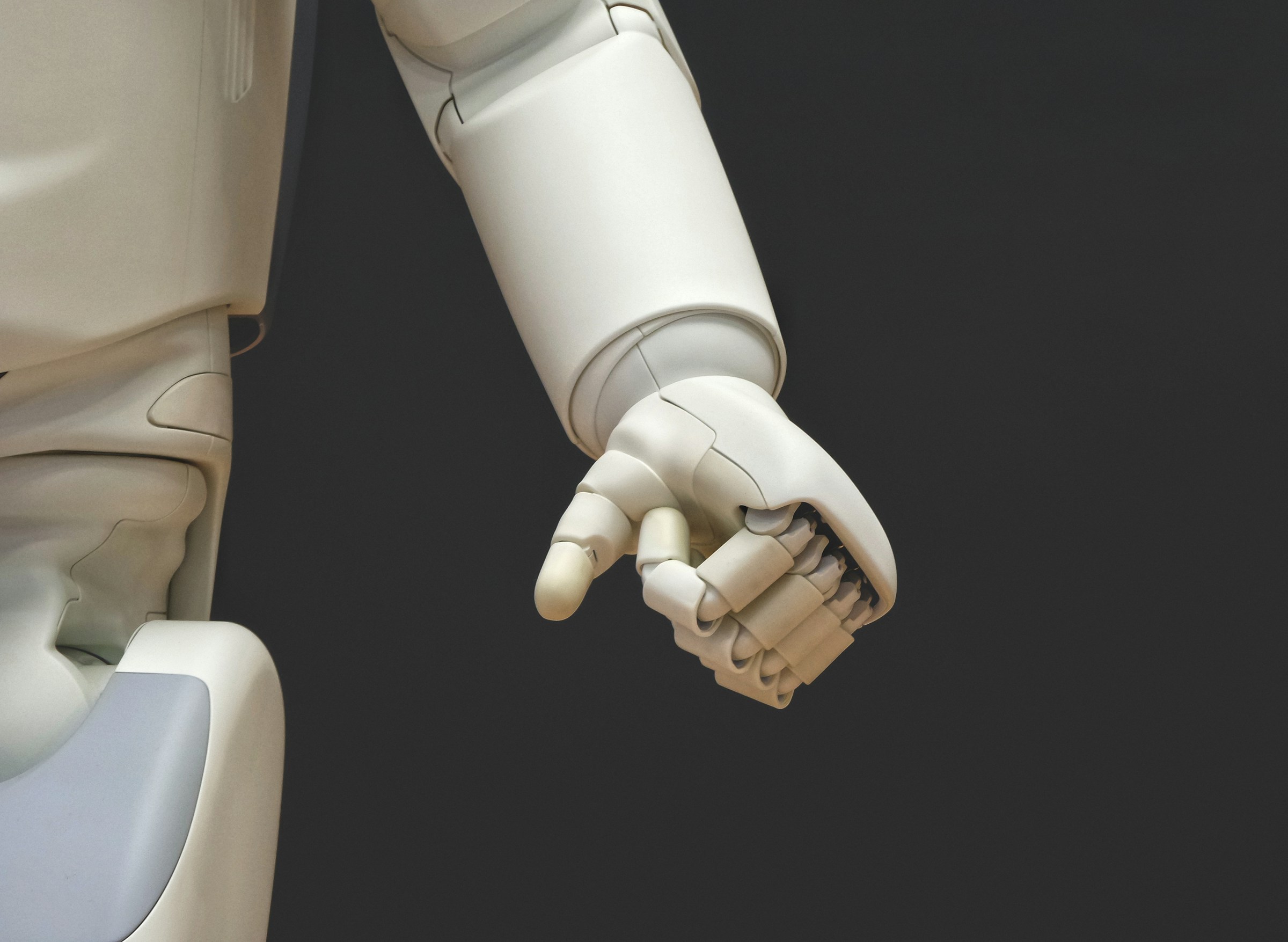In the current era of rapid technological advancement, cities worldwide are undergoing significant transformations. One of the most profound changes we see is the advent and proliferation of smart cities. These are urban areas that use different types of electronic methods and sensors to collect data, with insights gained from that data used to manage assets, resources, and services efficiently. In these smart cities, Artificial Intelligence (AI) plays a pivotal role. It acts as the brain behind these cities, powering their functionality and enhancing their efficiency.
AI: The Brain Behind Smart Cities
AI is essentially the backbone of smart cities, making the vast and complex web of urban services more efficient, adaptable, and user-friendly. It is the key that unlocks the potential of smart city initiatives, helping to drive improved decision-making, automation, and predictive capabilities.
Also to read : What role does AI play in advancing the field of autonomous vehicles?
When we talk about smart cities, we are essentially talking about a vast connected ecosystem. This ecosystem includes everything from public utilities and transportation systems to emergency services and environmental monitoring. AI is what allows all these components to seamlessly work together, creating a city that is not simply a collection of individual parts but a fully integrated whole.
AI facilitates data-driven decision-making, enabling city managers to make more informed and strategic decisions. For example, AI can analyze traffic data to optimize traffic light sequences, reducing congestion and improving flow. It can also predict where maintenance is needed on public utilities, allowing for preemptive action and reducing the risk of service disruption.
Also to see : Boost your channel with affordable twitch viewer packages
AI and Urban Mobility
One of the most immediate benefits of AI in the context of smart cities relates to urban mobility. AI can optimize public transportation systems, improve traffic management, and facilitate the integration of autonomous vehicles.
AI can analyze real-time traffic data to make public transportation more efficient. By predicting routes and schedules based on factors like current traffic conditions, weather, and special events, AI can ensure that buses and trains are operating at maximum efficiency. It can also enhance rider experiences by providing real-time updates and personalized recommendations.
Furthermore, AI plays a central role in traffic management. Using data collected from multiple sources, AI can predict traffic conditions and adjust traffic signals accordingly. This can significantly reduce congestion and improve traffic flow, leading to less time spent on the road and lower emissions.
Lastly, the growing adoption of autonomous vehicles in smart cities is largely enabled by AI. These vehicles rely on AI to navigate roads, avoid obstacles, and communicate with other vehicles and infrastructure.
AI Enhancing Public Services
Another area where AI has the potential to significantly improve the functionality of smart cities is in public services. AI can enhance the provision and management of services like waste management, water supply, and public safety.
AI can significantly improve waste management in cities. It can predict waste generation patterns and optimize collection routes, reducing operational costs and improving efficiency. It can also help in sorting and recycling waste, contributing to a more sustainable and less polluting city environment.
In the context of water supply management, AI can predict demand patterns, detect leaks, and monitor water quality. This can significantly improve the efficiency of water supply systems and ensure a more reliable supply for residents.
Public safety is another area where AI can make a substantial difference. AI can analyze patterns in crime data to predict where and when crimes are likely to occur, allowing law enforcement to take proactive measures. It can also facilitate emergency response by predicting the best routes for emergency vehicles and providing real-time updates on emergency situations.
The Impact of AI on City Planning
City planning is another domain where AI can have a significant impact. AI can analyze vast amounts of data related to population trends, land use, climate patterns, and more, providing city planners with valuable insights that can guide their decision-making.
For example, AI can model different scenarios related to land use, helping planners to understand the potential impact of their decisions on aspects like traffic, green space, and local economies. Similarly, AI can analyze demographic data to predict future population trends, enabling planners to make more informed decisions about infrastructure and service provision.
AI can also support sustainable city planning. By analyzing environmental data and predicting the impact of different scenarios, AI can help city planners to design cities that are more resilient and sustainable, contributing to the fight against climate change.
AI and Citizen Engagement
Finally, AI can enhance citizen engagement in smart cities, making city governance more transparent, responsive, and inclusive. AI can facilitate better communication between city governments and residents, personalize services, and even allow for more direct citizen involvement in decision-making.
AI can analyze social media posts, emails, and other forms of communication to understand citizen sentiments and needs. This can inform policy-making and ensure that city services are meeting the needs of residents. Additionally, AI can provide personalized services and recommendations to citizens, improving their experience of city services.
Moreover, AI can facilitate more direct citizen involvement in decision-making. For example, AI can analyze data from online platforms where citizens contribute ideas and feedback, helping to incorporate this input into policy-making. This can make city governance more democratic and responsive, fostering a sense of ownership among citizens and increasing their satisfaction with city services.
In conclusion, AI plays a central role in enhancing the functionality of smart cities. From urban mobility and public services to city planning and citizen engagement, AI is a powerful tool that can drive efficiency, innovation, and inclusivity in the management of our urban environments.
AI and Health Services in Smart Cities
Health services are a crucial aspect of any city, but in smart cities, these services can be significantly improved with the help of AI. AI not only enhances the efficiency of health services but also makes them more accessible and personalized, thereby greatly enhancing the overall health of the city’s population.
AI can streamline the management of health services. For instance, it can predict the demand for different types of medical services based on data relating to the city’s demographic profile, lifestyle patterns, and seasonal health trends. This can allow health service providers to better allocate their resources, ensuring that medical facilities are not overwhelmed in times of high demand and are efficiently utilized during periods of low demand.
Furthermore, AI can enable personalized healthcare by analyzing individual health records and lifestyle data. It can provide personalized health advice, predict potential health issues, and guide individuals towards healthier lifestyle choices. This can lead to improved health outcomes and can help in reducing the burden on health services.
In terms of accessibility, AI can play a role in predicting areas of the city that are underserved by health services. By analyzing data on population density, income levels, and existing health facilities, AI can help city planners to identify areas where additional health services are required. This can ensure that all residents have equitable access to healthcare, regardless of where they live in the city.
AI and Environmental Management in Smart Cities
Environmental management is another area in which AI can significantly enhance the functionality of smart cities. From monitoring air quality to managing green spaces, AI applications have the potential to make cities more sustainable and healthier places to live.
For instance, AI can be used to monitor air quality in different parts of the city in real-time. By analyzing data from various sensors placed throughout the city, AI can provide real-time updates on air quality to residents. This can enable residents to make informed decisions about their outdoor activities and can alert city authorities to areas where air quality is deteriorating.
In the context of green space management, AI can analyze data related to soil quality, sunlight, rainfall, and plant species to optimize the maintenance of parks and gardens. This can ensure that these spaces are well-maintained and can enhance their role in improving the city’s air quality and providing recreational spaces for residents.
Furthermore, AI can play a role in waste management by predicting waste generation patterns and optimizing waste collection routes. By doing so, it can contribute to a more efficient and sustainable waste management system.
To sum up, AI is a game-changer in shaping and enhancing the functionality of smart cities. It is the nerve center that analyzes the large amounts of data generated in a city, and intelligently uses that information to improve various aspects of city life. From streamlining public transportation and optimizing urban planning to improving health services and managing the environment, the applications of AI are vast and transformative. By making our cities smarter, AI not only improves the quality of urban life but also moves us towards a more sustainable and inclusive future. As AI technology continues to evolve and mature, the scope for its application in smart cities will only continue to expand, opening up exciting new possibilities for the future of urban living.











